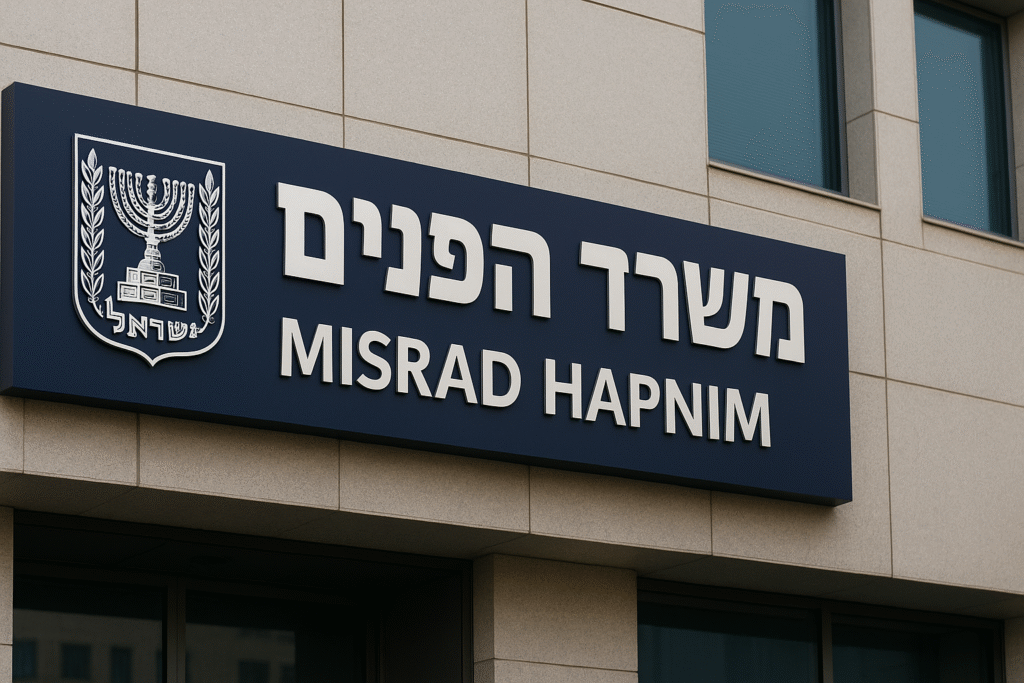Leah Davidson, a 41-year-old pediatric nurse from Toronto, faced one of the most complex family situations possible when pursuing aliyah. Seven years into her marriage to Christopher Taylor, a non-Jewish Canadian architect, the couple had three children: twins Jacob and Emma (age 10) and their younger brother Noah (age 7). The family maintained a balance between Leah’s Modern Orthodox Jewish practices and Christopher’s Protestant traditions, with the children receiving exposure to both.
When the marriage dissolved after 12 years, the divorce was amicable but created a challenging custody arrangement: joint legal custody with physical custody divided 60/40 between Leah and Christopher. For two years, they navigated co-parenting successfully, with the children spending weekdays primarily with Leah and alternating weekends plus Thursday overnights with Christopher.
Leah’s desire to make aliyah emerged gradually, influenced by her growing concern about rising antisemitism in their community (including an incident where Jacob was bullied at school for wearing a kippah), her brother’s successful aliyah experience, and her professional interest in Israel’s innovative pediatric care approaches. However, the existing custody arrangement made international relocation seemingly impossible.
Her application faced exceptional obstacles:
- Christopher initially opposed any international relocation
- The existing custody order explicitly prohibited moving the children more than 50 kilometers from Toronto
- Canadian family courts generally disfavored international relocations that separated children from a committed co-parent
- The children themselves had mixed feelings about leaving their father, school, and friends
- Jacob had recently been diagnosed with ADHD requiring specialized educational support
- Questions arose about enforceability of Canadian custody arrangements in Israel
The breakthrough came when Leah’s family law attorney identified the “International Family Mobility Protocol” established in 2019, which had successfully guided three similar cases. Working with both legal counsel and family therapists, Leah and Christopher engaged in a comprehensive four-month mediation process resulting in a modified international custody agreement that carefully balanced all parties’ interests:
- Revised Legal Framework
- Modified custody agreement establishing Israel as the children’s primary residence while preserving Christopher’s parental rights
- Detailed visitation schedule including:
- Children spending entire summer break (8 weeks) with Christopher in Canada
- Two-week Christmas/winter holiday with Christopher
- Christopher entitled to visit children in Israel with 14 days notice, with Leah providing accommodations
- Daily video calls on a consistent schedule
- Cost-sharing arrangement for Christopher’s travel expenses to Israel three times yearly
- Leah’s commitment to return to Canada for court proceedings if ever required
- Agreement that Israeli child support calculations would replace Canadian guidelines
- Children’s Needs Assessment
- Educational evaluations identifying appropriate schools in Israel for each child
- Psychological assessment supporting the transition with specific recommendations
- Specialized plan for Jacob’s ADHD support including continuity of treatment approach
- Language acquisition plan acknowledging the challenges of academic transition
- Documented input from the children in age-appropriate ways about their preferences and concerns
- Financial Stability Plan
- Job offer from a Jerusalem hospital confirming Leah’s employment prospects
- Detailed budget demonstrating financial viability as a single-income household
- Housing arrangements secured in advance in a family-friendly neighborhood
- Documentation of immigrant benefits available to support the transition
- Christopher’s agreement to continue financial support during the transition year
After Christopher’s formal consent was secured and the modified agreement approved by Canadian courts, Israeli authorities conducted a thorough seven-month review before approving the family’s aliyah application. The approval specifically noted: “This case exemplifies the successful balancing of multiple legitimate interests—the Jewish parent’s right to make aliyah, the children’s wellbeing, and the non-Jewish parent’s continuing relationship with his children. The comprehensive planning and legal framework honor all these priorities while enabling the family to build a new life in Israel.”
Leah and the children successfully made aliyah in 2023, settling in Jerusalem. The transition has required ongoing adjustment, but the carefully structured arrangement has proven surprisingly successful. The children attend school in Israel while maintaining close connections with their father through technology and extended visits. Christopher has visited Israel twice, staying in a dedicated room in Leah’s apartment as agreed. Jacob’s ADHD is being well-managed with Israeli specialists following the established treatment protocol. While challenges remain, the family has demonstrated that with proper planning and goodwill, complex international custody situations need not prevent aliyah.
